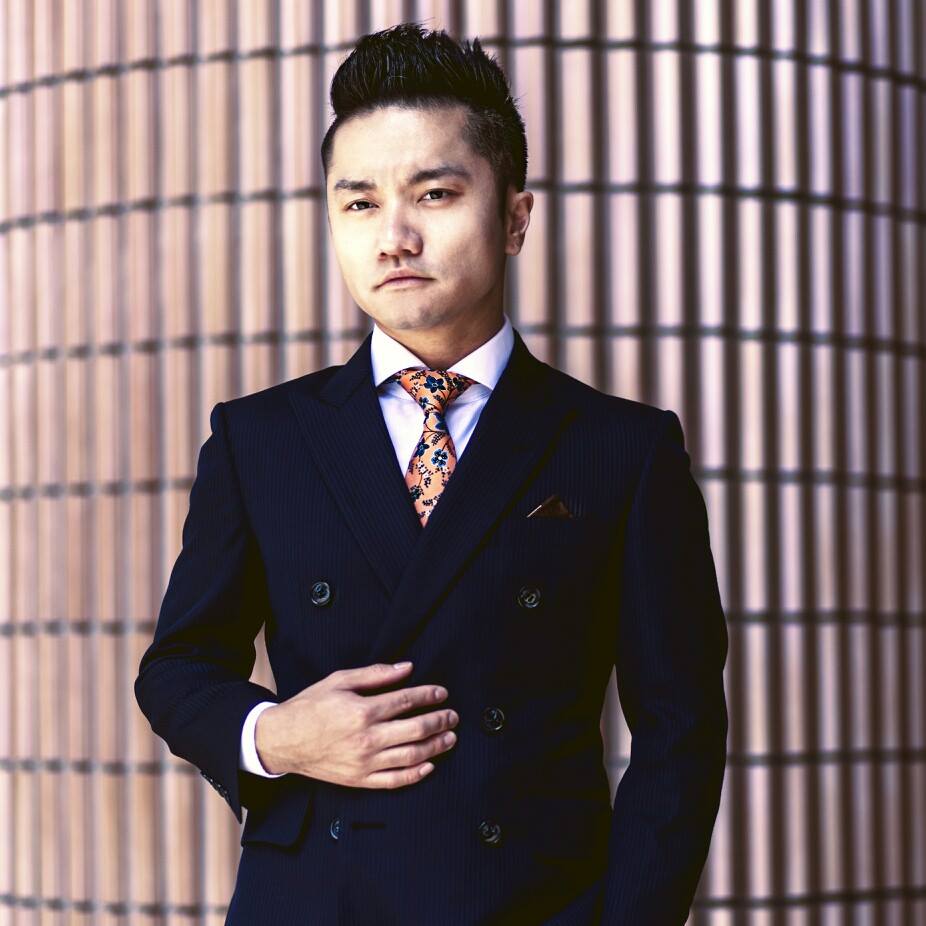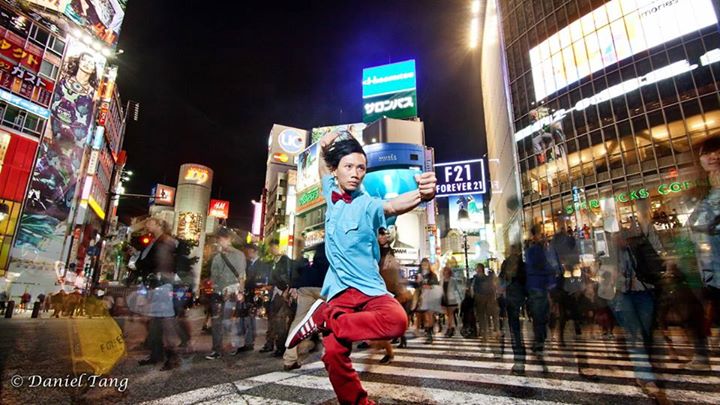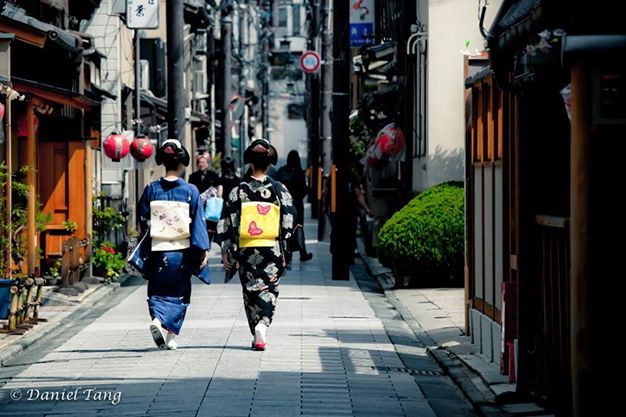Last Updated on October 13, 2014 by Tim
The land of the rising sun, Japan is a country that possesses an inviting modern image mixed with a rich, distinguished history. Work in Japan, and you can boast being a part of the world’s third largest economy. The Japanese office has its own distinctive culture, complete with its norms and stereotypes—who doesn’t have an image in their head of the suited Japanese salaryman, riding the last train ride home with his briefcase clutched tightly under his arms, close to slumber? Naturally then, Japan attracts plenty of people who want to do more than to tour the temples and snap photos of Mt. Fuji. In fact, there are now more foreigners working in Japan than there has ever been in the past.

However, these numbers don’t tell us the complete story. To even obtain employment with a Japanese company is difficult. For one thing, most Japanese companies require what is called the JPLT—essentially, a Japanese-language proficiency test. While there are five levels to this test, a foreign worker may not even be considered until he or she passes at least the second-highest level. Once hired though, those aforementioned office norms will start feeling more formidable than quixotic. Foreign workers have to learn a new set of unspoken, unwritten rules and standards. You may come aware of them…only when you break them!
And let’s remember that salaryman, dozing off on the train—due to the long working hours and massive amounts of overtime he goes through day after day. In fact, “death from overwork” happens enough for there to be a word for it in Japanese, karōshi (過労死). While the Japanese office is slowly improving for foreigners as Japan internationalizes its workforce person by person, perhaps it would be better to look at another option for work—entrepreneurship.
After all, why not? Japan is a huge country with a huge upper-middle class, and complementary with that the spending potential is quite huge. Nevertheless, there is some bad news for those willing entrepreneurs. Starting your venture in Japan is not at all like daffodils and daisies. Entrepreneurships are tough to grow here, and learning the language is not the only reason why. According to the World Bank, Japan is the very last among OECD countries when it comes to the rate of developing new enterprises. Coupled with that, a survey done in 2009 by the Global Entrepreneurship Monitor showed Japanese entrepreneurs as being the most afraid of their new ventures failing. Simply put, there are very, very few people in Japan interested in becoming entrepreneurs!
So then, if even natural citizens are finding it tough, what does a foreigner have to do to survive? Fortunately, Daniel Tang has some tips. A freelance photographer by profession, Daniel has now been living and working for Japan for more than three years. He started out working for an eikaiwa (英会話), or English-language school, but since last year Daniel has been able to pursue his passion in photos beyond just a hobby, all-the-while making a living in Japan. Let’s hear what he has to say about his experiences as an entrepreneur in Japan.
New-Startups: Why did you decide to work in Japan?
Daniel Tang: Growing up in Los Angeles, I have always been exposed to a variety of different cultures from around the world. One of the cultures that particularly interested me was Japan. I can speak for many people that Japan has a unique image in our minds. That’s one of the reasons why I chose to live there.
Also, I wanted to grow up, in a sense. Learning to live in my own and support myself in a completely different culture and country was a challenge that helped me mature and discover things about myself that I didn’t even know.
NS: What made you switch from working at an eikaiwa full-time to becoming a freelance photographer?
DT: Photography has always been a passion for me. For many foreigners working in Japan, working at an eikaiwa was just the means of getting to Japan. I’m sure that they, just like me, have other aspirations they want to accomplish in Japan. They might want to travel around Asia more or immerse themselves in otaku culture. Whatever the reason might be.
Doing freelance photography in Japan is difficult because of the language barrier, but I feel I don’t have the pressure of my parents bending over my back watching and critiquing my every decision. People don’t know me here, so I feel free to reinvent myself whichever way I want.

NS: What kind of challenges have you faced as a foreigner starting your own business in Japan?
DT: One of the biggest challenges, at least in my situation, is developing a meaningful network that will help you grow and bring you business and clients. Meeting people in the industry can be simple, but developing a great working relationship with them can be tricky, especially if language is a barrier.
Moreover, the Japanese work ethic and style may differ from your home country. Such is the case with photography. The industry here is heavily relied on apprenticeship, which is usually not the case in Los Angeles. Another example that relates to my industry is commercial wedding photography, which is not nearly as popular here as it is in America. Engagement shoots, wedding shoots, etc. were not popular in the past, but I can see that changing soon.
NS: In your opinion, how easy or difficult is it to be an entrepreneur in Japan?
I believe anyone can be an entrepreneur anywhere as long as they see a need for their product or service. Some ideas that might not work in America might be a new thing in Japan. It’s all about finding gaps and filling them. One simple example is the relatively recent popularity of pancakes. Pancakes weren’t well-known here before, but as soon as someone brought them over, they were a hit.
Language can be a barrier for entrepreneurs, but it’s not difficult to overcome. There are always services in English that can help you propel your new business idea.
NS: What advice would you give to those looking to make a living in Japan?
DT: Never lose sight of that burning passion that brought you over to Japan, and find a way to make a living out of it, whether it is photography, blogging, working for a big gaming company, or whatever.
Too many people get distracted at small, miniscule things and become too comfortable. Teaching English is a great way to get situated in Japan, but from Day One, start striving to improve yourself and make connections. I’ve witnessed too many foreigners get comfortable with their teaching job and eventually settle down with a family in that very same town. I’m not here to judge, but I’ve also talked to a few other “veteran instructors” who wished they had taken chances at other pursuits.

For more about Daniel, his photos, and a peek into everyday life in Japan in general, check out his blog, Daniel in Japan!